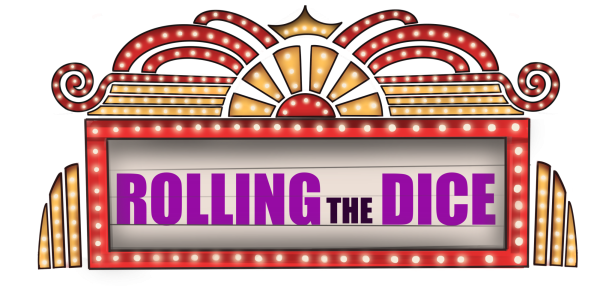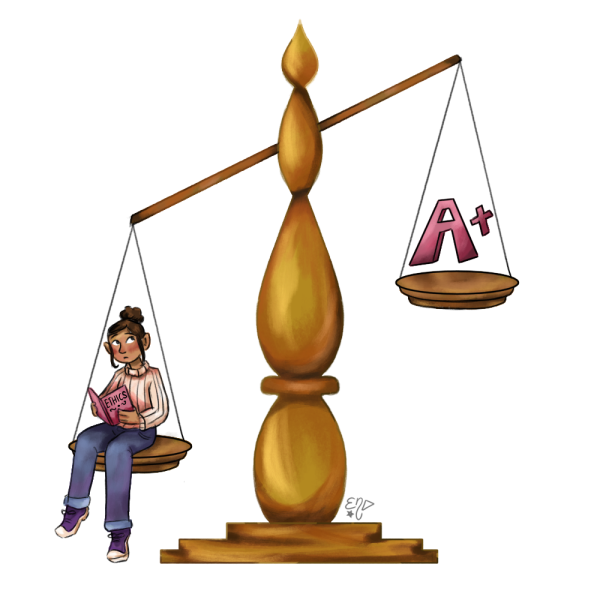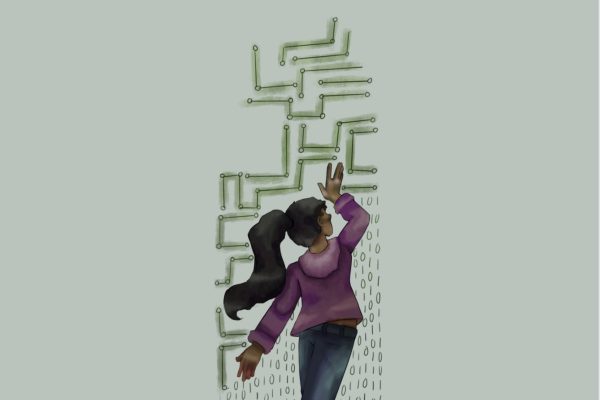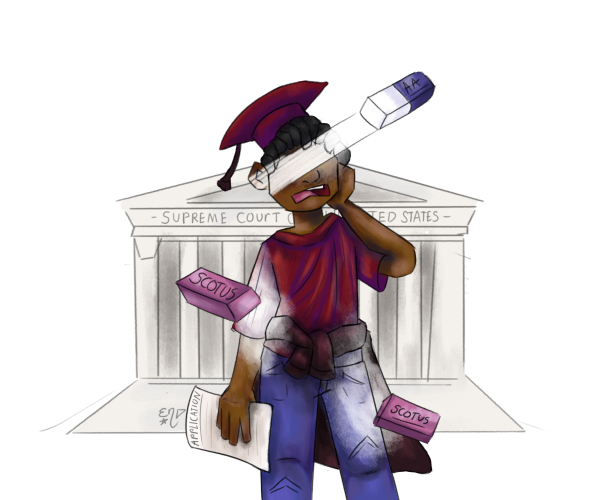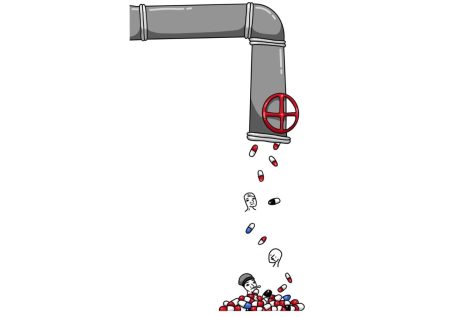Midterms will shape legislative output, admin
62% of Americans think the 2018 midterm elections are the most important of their lifetimes, with issues like impeachment, the Supreme Court and abortion laws on the line.
William Howell is a professor of American political science at the University of Chicago Harris School of Public Policy, and an expert in separation-of-power issues. In an interview, he gave insight into how the 2018 elections will impact students, the Trump administration, Congress and the country’s policies.

Q: What issues do you think are going to be most affected by the results of these midterms?
A: If the Democrats get a majority of one chamber (of Congress), we can expect legislative output, which is already proceeding at a snail’s pace, to come to a near halt. Second, there’ll be an upsurge of investigations of this administration. Neither of those two items suggest that we’re going to solve or not solve immigration policy, or climate change, but rather the capacity of Congress to function or legislate will be reduced further. There’s been activity with the president exercising these unilateral powers, acting outside of a legislative framework in order to cut back on regulations that came out of the Obama administration. That will continue, but it will be subject to a great deal more oversight if the Democrats get control. It’s a coin toss. The people who study this suggest it’s likely in the House, and not likely in the Senate, because the majority that the Republicans have in the Senate is even smaller than it is in the House, but the third of Senators up for reelection this cycle are disproportionately Democrats, so the challenge is whether or not they can hold seats.
Q: What do you think is at stake that would have the most potential impact on students?
A: When you think about issues involving trust in government, the long-term sustainability of Social Security and student engagement, all of this is up for grabs with this administration. They are issues that affect the country as a whole, but that disproportionately, I would argue, affect students. If you’re retired today, you’re getting your Social Security payments. It’s a question mark whether it’s going to be available to [students today]. And the level of trust that citizenry has in government is generally important, but particularly in youth, because it affects whether they participate in politics, which matters a whole bunch for how their views are represented. Generally, the main effect is that the younger you are, the less involved you are. The people who are most likely to vote are retired and rich and well-educated. That said, there are encouraging trends, and you see, particularly under Obama, a rise in youth involvement, and you see in this coming electoral cycle, record numbers of women running for office. The paradigm that says “male, white, well-off, well-educated, older” — there are smaller trends pushing against that, in the last 10 to 15 years in particular.
Q: How do you think Chicago, or Illinois in general, is going to be important in the midterms?
A: We’ve got a number of elections in Illinois that matter a whole bunch. The governor’s race and the mayoral race are going to be the two most consequential for we residents of Illinois. [The influence on] composition of Congress is less obvious, but what I’ll say is that the kinds of policies we observe are a function not just of Congress and not just of the federal government, but how the federal government interacts with state and city governments. So those two races are ones to really watch if you’re thinking about the future.
The people who are most likely to vote are retired, and rich, and well-educated. That said, there are encouraging trends, and you see, particularly under Obama, a rise in youth involvement, and you see in this coming electoral cycle, record numbers of women running for office.
— Prof. William Howell
Q: How realistic is the idea of impeachment?
A: It’s unlikely. That said, this president has lots of vulnerabilities. We need to watch the outcome of the Mueller investigation and more moderate Republicans, and whether or not they break from the party. As long as [they stand behind the president], and have majorities in Congress, then it is less likely. My own view is that the reflexive discussion immediately to talk about impeachment after having elected Trump was really premature. If you oppose Trump, you would do well to focus on the specific policies that he’s objecting, to think about how you can push back on his ability to advance those policies, and to invest your time and effort there [rather than] into thinking [about impeachment].
Q: What is your advice for students who want to say informed and involved but might get lost in biased information?
A: We have so much news coming from so many different quarters and large amounts of it are either inaccurate or infused with a particular ideological bias or predisposition. What I do is read from multiple sources. It’s kind of fun, actually, to see how CNN, Fox News, The New York Times, The Washington Post and The Wall Street Journal all cover the same story, and to see how they talk about it differently. They may not even be recognizing the same set of facts, but they cover the same issues. The other thing you can do is look at foreign reporting of the United States. You can read The Economist, listen to BBC. Those can be helpful ways to get information that isn’t from a particular domestic tribe. You should find a news source you trust. That will mean different things for different people, and it requires not only sampling broadly, but reading deeply.



